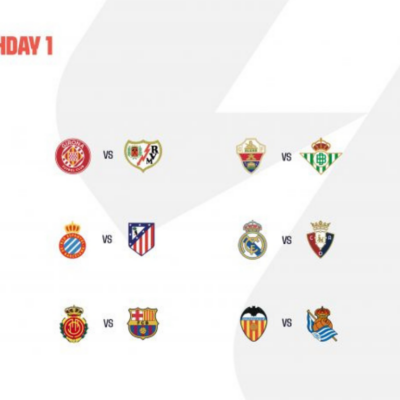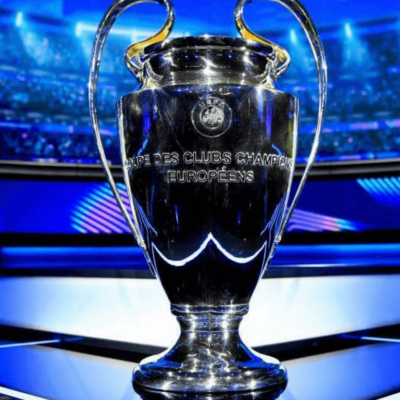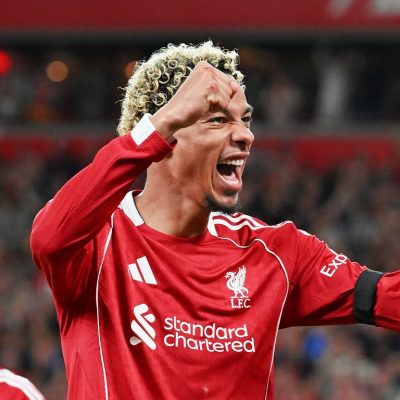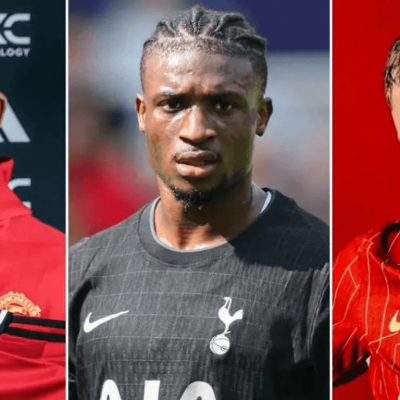Qatari Nasser Al-Khelaifi on trial in Swiss court, the endless bribery and corruption saga of football
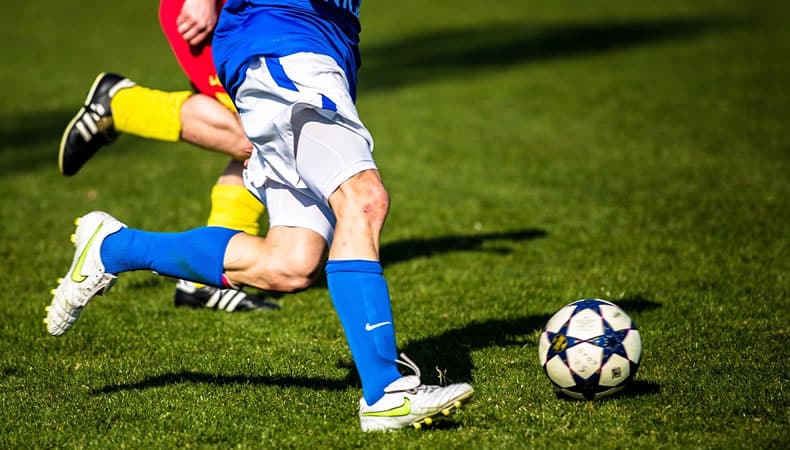
Qatari Nasser Al-Khelaifi, head of Paris Saint-Germain and chairman of BeIN Media Group, and former FIFA secretary general Jerome Valcke, will be tried in Switzerland on Monday. The case is the latest chapter of the endless corruption saga of football, which sees managers coming from Doha as protagonists.
The accuse for the two men is of corruption in the allocation of football broadcasting rights. The hearing, already postponed due to the coronavirus, is scheduled until 25 September at the Federal Criminal Court of Bellinzona. But it will open under another cloud as suspicions of fraud between the Swiss prosecutor and FIFA have undermined its credibility.
At the center of the scene is Valcke, former right-hand man of deposed FIFA president Sepp Blatter, who appears in two separate cases of corruption of television rights: he faces up to five years in prison if found guilty. The 59-year-old Frenchman has allegedly transferred the Middle East and North Africa rights for the screening of the 2026 and 2030 World Cups to the Qatari giant beIN Media, in exchange for unjustified benefits from Al-Khelaifi. According to the indictment, at a meeting on October 24, 2013, at the French headquarters of beIN, Al-Khelaifi promised to buy a villa in Sardinia for five million euros, granting exclusive use to Valcke.
In return, the prosecution says, Valcke pledged to “do what was in his power” to ensure that beIN became the regional broadcaster for the two World Cups, which happened on April 29, 2014, in an agreement that FIFA will not has ever disputed. Legally, however, it is no longer a question of “private corruption.”
The prosecution had to renounce this qualification due to an “amicable agreement” reached in late January between FIFA and Al-Khelaifi, the contents of which were not made public. Valcke must now justify keeping for himself benefits that should have gone to FIFA. An employee, at the time, according to a decision in March, “also applies to bribes” the obligation to return the money received in the performance of his duties.
Al-Khelaifi, one of the most influential men in world football, risks inciting Valcke to commit aggravated criminal mismanagement, for which he risks up to five years in prison. Valcke, who will be at the hearing, is also accused of using his position at FIFA between 2013 and 2015 to influence the allocation of media rights for Italy and Greece for various World Cup.
And other tournaments scheduled between the 2018 and 2030 “to favor media partners he preferred” in exchange for payments from Greek businessman Dynos Deris, also accused. Valcke allegedly received 1.25 million euros. Allegations of collusion arising from three secret meetings in 2016 and 2017 between current FIFA president Gianni Infantino and former Swiss Attorney General Michael Lauber weakened the case. Both are under investigation for “obstruction of criminal proceedings.” Lauber resigned from his post in July.
The al-Khelaifi case is just the latest evidence of corruption by Qatari officials who use European football for their benefits and money laundering. Last February, businessman Abdullah bin Nasser Al Thani, a member of the Qatari royal family, was removed from the presidency of Spanish club Malaga for six months on a series of charges among alleged misappropriation, according to a court of Andalusia.
The member of the Qatari royal family bought Malaga in June 2010 for € 36 million, investing money in the club to pay for several star players, including Ruud van Nistelrooy, Santi Cazorla, Isco, and Julio Baptista. These names helped the club finish fourth in La Liga in 2012, qualifying for the Champions League for the first time.
The club charged the family € 5.5 million in addition to their € 1.4 million annual dues to be on the club’s board of directors, but the money was never returned. It was used to pay for flights, holidays, hotels, chauffeured cars, lawyers, accommodation, and other personal expenses. The Spanish sports daily reported, adding that the findings are outlined in a report from Cadena Ser, which also claims the family had bought shares from smaller shareholders to increase their control of the team.

